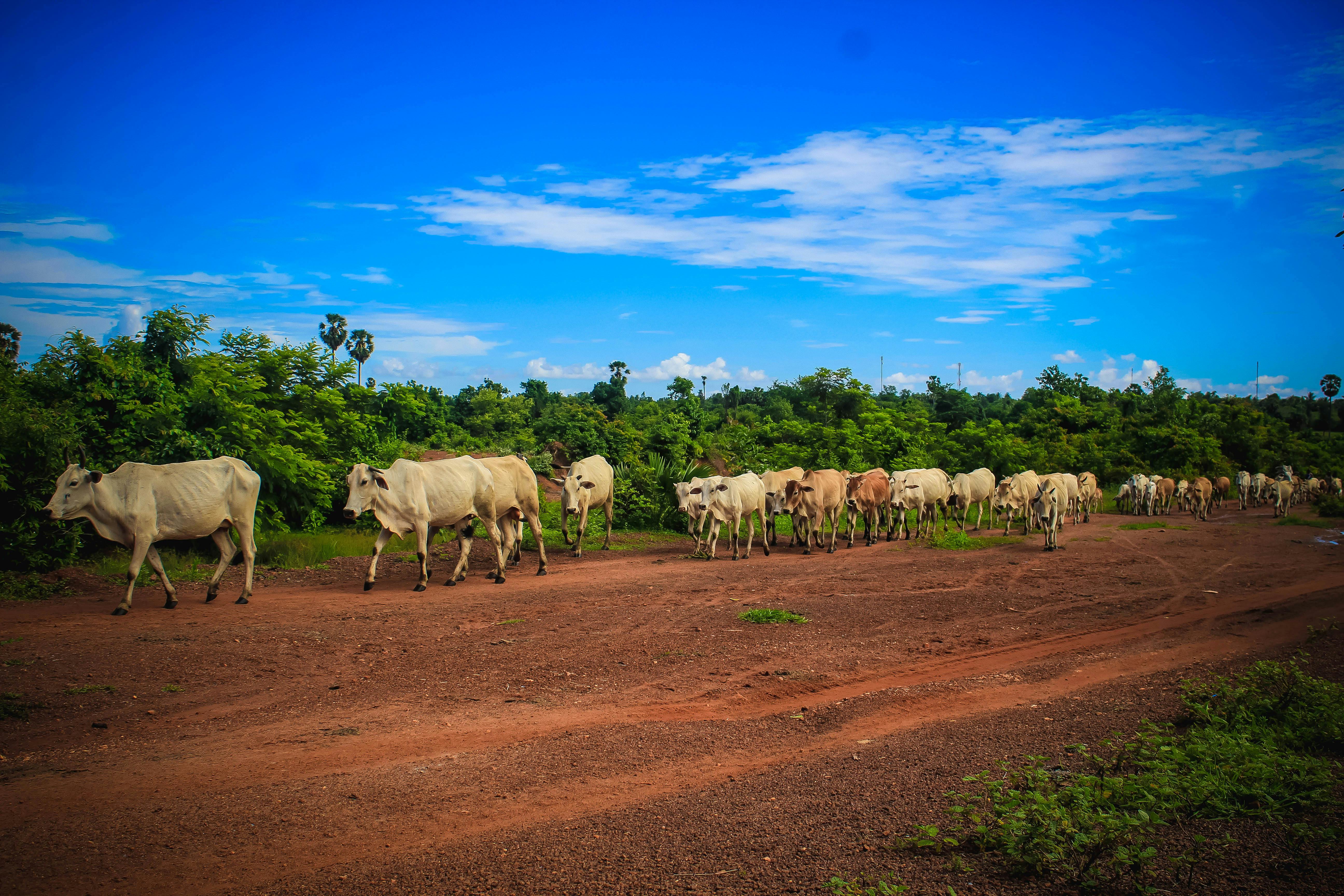Cambodia’s concerns about antimicrobial resistance (AMR) gained attention in 2009 when resistance to Artemisinin was reported along the Cambodia-Thai border. This led to intensive monitoring and studies, as well as infection prevention and control efforts in hospitals. By 2011, Cambodia held its first AMR consultation, followed by the National Policy (2014) and National Strategy (2015–2017) to combat AMR.
In 2017, the AMR Technical Working Group was formed with support from FAO and WOAH to develop a One Health Roadmap focusing on the food and agriculture sector. This roadmap included seven action areas: coordination, information sharing, legislation, surveillance, research, rational use, and advocacy.
The Multi-Sectoral Action Plan (MSAP) was created to establish a framework for collaboration, outline gaps and challenges, and guide planning and resource mobilization. Supported by the AMR Multi-Partner Trust Fund, Cambodia endorsed its MSAP for 2019-2023 and established a high-level Inter-Ministerial Coordination Committee to strengthen coordination and monitoring.
Through the workshop it is supposed to achieve the overall goal of multisectoral evaluation/review of NAP implementation, identifying the critical areas that requiring further attention in implementation, identifying the sources of AMR/AMU surveillance data, so that they can use for the improvement of NAP and policy making, resource allocation.
